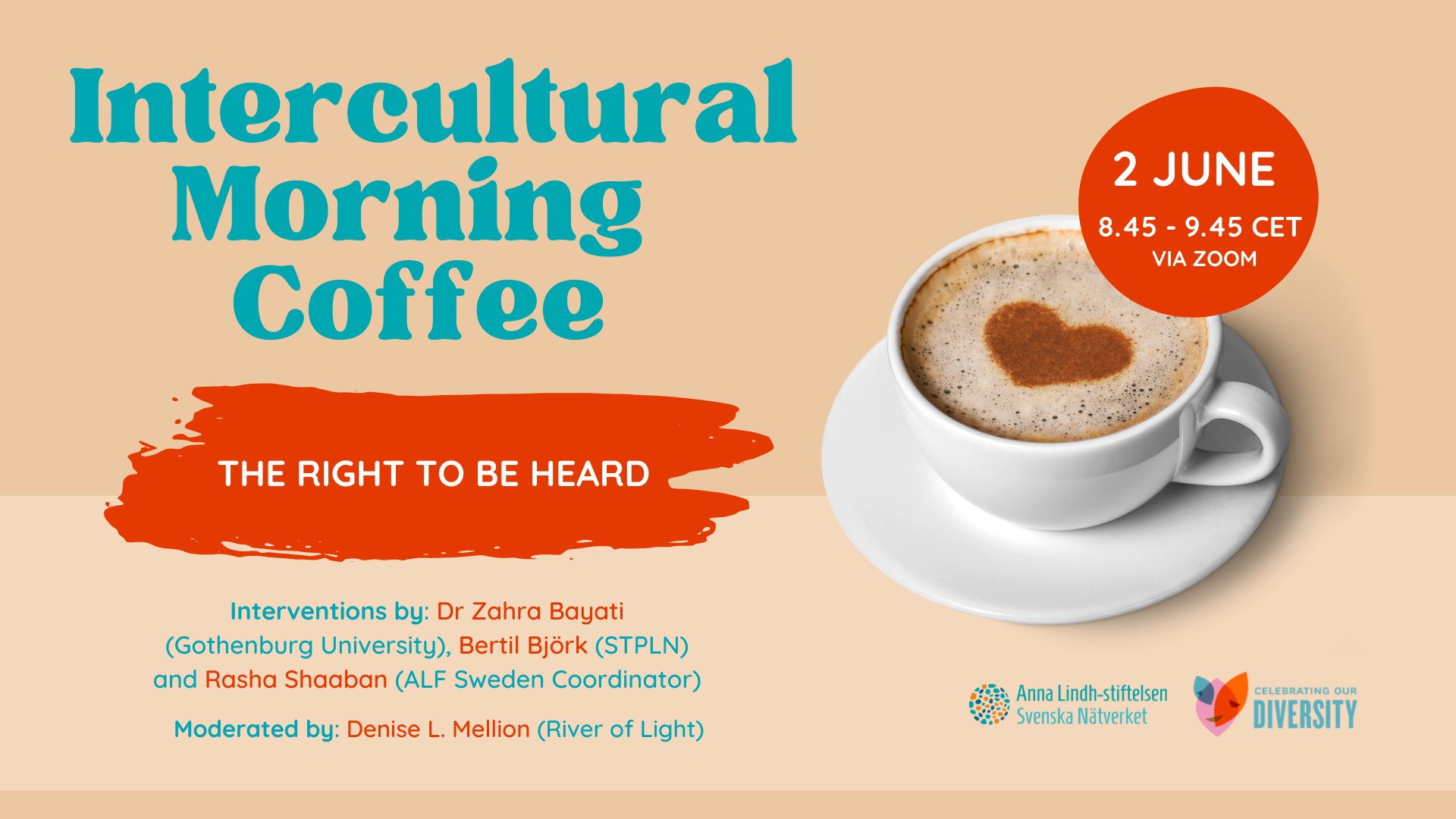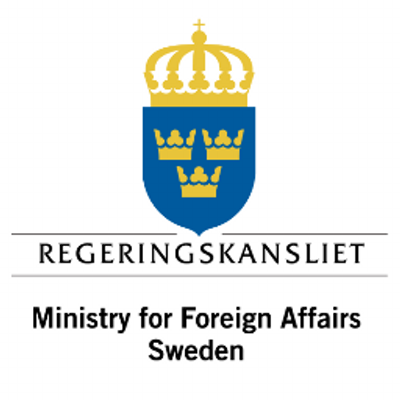
Who is given permission to speak? Who is silenced by the dominant discourse, institutions and the media?
Due to the impact of Europe's colonial history, which still persists in various forms, and the continuing prospect of South to North migration due to climate change and armed conflict, all promises of democracy, human rights, sustainability and freedom are being put to the test in the Global North. Do inclusive forums for critical dialogue really exist?
Dr Zahra Bayati, educationalist, researcher and senior lecturer at GU spoke about the danger of silence and silencing in education. Her quote from Martin Luther King Jr. set the scene for the discussion: “The greatest tragedy is not the brutality of the evil people, but rather the Silence of the good people”. Her study shows that racialized segregation (which is prominent in Sweden) is mirrored in education. Rather than breaking the cycle, teacher education for example perpetuates exclusion and discrimination through silencing practices such as (non-) representation in text books, by continually questioning language etc.
Silencing can lead to apathy and high drop- out rates. The practices often do not live up to the equality claims of the system. Being accepted into the institution is not sufficient if you are consistently relegated to the margins. You are allowed to speak only from the margins. The existing structures are not challenged as the status quo is desirable for the majority. Indeed, the more they are challenged the more steadfast they become. She argued that this situation seems to be getting worse as there are so few non-Western academics in senior positions (she has been the only non-European senior lecturer in the Education faculty in 15 years). Not preparing teachers to work in an ever increasingly multicultural society creates a dangerous situation for society as role models are needed in schools.
Bertil Björk, Managing Director at STPLN & ALF member talked from his experience as a journalist and editor over 30 years about silencing in the media. He talked about the drive to bring in more cultural diversity into the profession but that the approach was for the most part tokenistic and questioned whether there could ever be full representation - by default someone speaks on your behalf. He talked about the lack of trust the media has in the public and vice versa. Mainly due to biased reporting the public no longer sees the media as a reliable source acting in its best interest. He maintained increased representation does not necessarily result in renewed trust, confidence and increased public interest. He also talked about the danger associated with the death of social media and the likelihood of it going two ways - becoming a mass marketing channel and/or fragmenting into unchallengeable closed niche groups. He talked about a post-social media landscape and the need to look for other spaces for critical discourse.
Rasha Shabaan, Swedish Network Coordinator for ALF at National Museum of World Culture shared her experiences of the power of storytelling as a form of inclusion and active citizenship from her work as Director of Mind the Gap. She talked about the importance of creating safe spaces/platforms to be heard to counter segregation. She showed a short story from Mind the Gap stories (Tomboy Story by Salim Hassam https://www.youtube.com/watch?v=VgADVA8g3zg) to show how story telling can lead to breaking the silence, can lead to positive change - for example gender and identity affirmation and active citizenship. From a personal perspective with newly confirmed permanent citizenship Rasha comments on the importance of status in terms of claiming your Right to be Heard and pushing for positive change as a migrant.
We also talked about the importance of recruiting fairly using non-discriminatory recruitment systems with are not current practice even amongst Governmental agencies in Sweden. Also the importance of gaining employment in order to develop confidence to be heard in a foreign language. And finally touched on the power of language. How language can be used as an exclusionary practice.
More information, please contact the Swedish network coordinator Rasha Shaaban
Organised thanks to the support of the Swedish Ministry of Foreign Affairs to the ALF Swedish network
